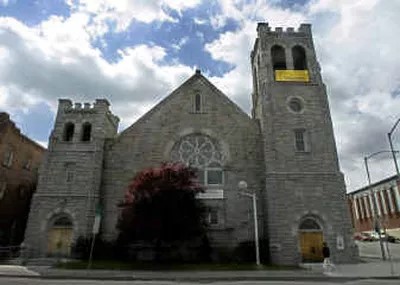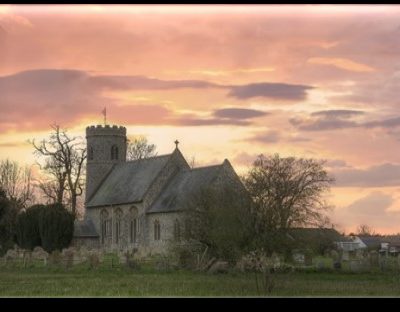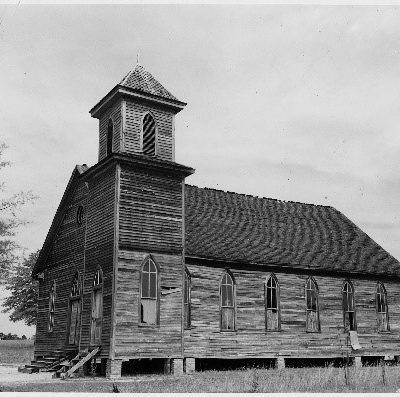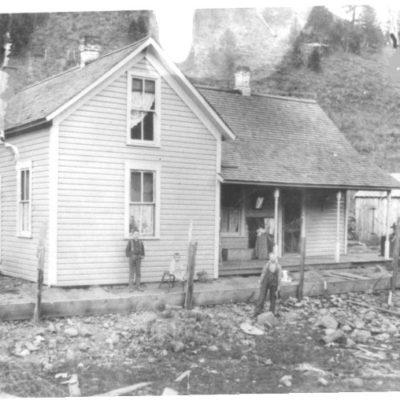Bruderhof Communities, Inc.

Introduction
The Bruderhof Communities consist of families, single men, and women who live in communities in New York, Pennsylvania, United Kingdom, Germany and Australia. Their movement can be traced back to the Anabaptist and Hutterites.
The Bruderhof Communities means “place of brothers” in the German language. These Christian faith-based communities have also been called the Society of Brothers and the Hutterian Brethren. They are centered on the family even though they have many single members. Children, the elderly, and disabled are an important part of each of the Bruderhof Communities and are included in most of the communal gatherings.
The children of the Bruderhof Communities families are not automatically members. The children are encouraged to leave the communities and live somewhere else before they decide on their own to become members of the community.
History
The Bruderhof Communities were founded by Eberhard Arnold in 1920, in Sannerz, Germany. Eberhard Arnold, born in Konigsberg, East Prussia, Germany, was a philosophy student and inspired by the German Youth Movement. He became a German Christian writer, philosopher and theologian. Although his grandfather was a minister of the Presbyterian Church, Eberhard Arnold dedicated his life, instead, to radical Christian discipleship.
Eberhard Arnold claimed to have had a spiritual experience at the age of 16, in 1899. He had an inner change and felt a calling to go and witness to the truth of God. He worked in evangelism among the poor and for the Salvation Army. Eberhard Arnold gives credit for his conversion and salvation to the oppressed and poor people he had worked with. He was baptized on 1908 at the age of 25 in the Protestant State Church. He had disagreement with the connection between church and state, and left the Protestant church as a result.
Eberhard Arnold studied the Anabaptist movement and in 1920 started a small community of what Arnold believed to have been revealed by the Holy Spirit on his farm in Sannerz, in central Germany. He established the community on the Sermon on the Mount as was preached by Jesus.
His community outgrew the house at Sannerz and moved to the Rhon Mountains in Germany. Eberhard Arnold became interested in the Hutterites that existed in North America and traveled to join them for a year. He was ordained as a Hutterian minister in 1930 and commissioned by them as a missionary to Europe. He convinced his Rhon Mountain community to join the Hutterites.
Eberhard Arnold’s Bruderhof was seized by the Gestapo in November of 1933 and closed. The Rhon community had to move when the Adolf Hitler and the Gestapo came to power. The draft age men and children were moved to Liechtenstein, Switzerland in March of 1934 to avoid military service and accepting the Nazi teaching. This community was known as the Alm Bruderhof.
Eberhard Arnold died on November 22, 1935 after suffering for two years with a leg injury that eventually lead to his death. Members of the Alm Bruderhof community were forced to flee from Switzerland to England, Paraguay, Australia and eventually to the United States. The Bruderhof community in England was called the Cotswold Bruderhof and was founded in 1936.
The Bruderhof came to the United States near Rifton, New York and formed the Woodcrest Bruderhof in 1954. Two other communities were established in Pennsylvania in 1957 and in Connecticut in 1958. The Woodcrest Bruderhof was under the leadership of Heinrich Arnold, the son of Eberhard Arnold. Heinrich Arnold established the teachings of Jesus for the foundation of the communal movement.
Johann Christoph Arnold, the son of Heinrich Arnold, has been the leader of the Bruderhof community since 1990. He has taken the Bruderhof community into the mainstream Christian communities through his public speaking, his books on peacemaking, forgiveness, marriage, parenting, prayer, and dying with dignity.
Belief
The Bruderhof Communities believe the foundation of their communities should be based on faith in Jesus Christ. The teachings of Jesus are the focal point to the Bruderhof way of life.
The Bruderhof Communities believe the commandment to Love your neighbor as yourself is the main focus of their gathering. The Sermon on Mount is the basis of all their teachings. They follow the Apostles’ Creed. They do not hold property and share everything with their Bruderhof communities.
The Bruderhof Communities believe in nonviolence, faithfulness in marriage and compassion for all the poor. The Bruderhof Communities are Peace Churches who do not allow their members to serve in the military.
The BruderIntroductionhof Communities believe they are following the tradition of the first church in Jerusalem using the Book of Acts as their guideline. They believe they are of one heart and one mind sharing all things in common. The Bruderhof Communities members do not receive any salary nor do they have a bank account. They pool all their financial resources to be used for the care of all their members. The Bruderhof Communities goal is to create a new society where there is no self-interest that has only an interest in the common good.
Cite Article Source
MLA Style Citation:
Holstein, Joanne “Bruderhof Communities, Inc.:.” Becker Bible Studies Library Jan 2006.<https://guidedbiblestudies.com/?p=2609,>.
APA Style Citation:
Holstein, Joanne (2006, January) “Bruderhof Communities, Inc.:.” Becker Bible Studies Library. Retrieved from https://guidedbiblestudies.com/?p=2609,.
Chicago Style Citation:
Holstein, Joanne (2006) “Bruderhof Communities, Inc.:.” Becker Bible Studies Library (January), https://guidedbiblestudies.com/?p=2609, (accessed).


